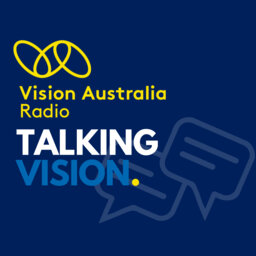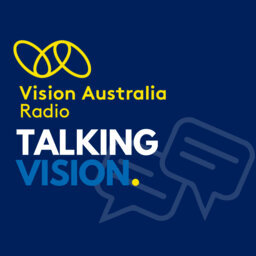Talking Vision 624 Week Beginning 9th of May 2022
It’s an election special episode of Talking Vision this week with interviews from Peter Greco as he catches up with Vision Australia manager of advocacy and government relations Chris Edwards, kicking off the show with a discussion around the progress that has been made in the field of accessible voting, and why it is so crucial to the rights of voters who are blind or have low vision.
On this topic Peter also speaks with Australian Electoral Commission director of media and digital engagement Evan Ekin-Smyth to discuss the accessible voting options that are available to voters at this upcoming federal election on May 21, and how voters can sign up to register for phone voting and receive electoral information in their preferred format.
Then finally this week, we play a series of 2 minute grabs from three politicians Peter had the chance to speak with over the last few weeks, where he discussed key issues facing the disabled community with Bill Shorten from the ALP, Jordon Steele-John from the Greens and finally Malcolm Roberts from One Nation.
In 1 playlist(s)
Talking Vision by Vision Australia Radio
Vision Australia Radiothon is on now. Donate via www.varadio.org and make a tax deductible donation …Social links
Follow podcast
Recent clips

Talking Vision 820 Week Beginning 23rd of February 2026
27:55

Talking Vision 819 Week Beginning 16th of February 2026
28:59

Talking Vision 818 Week Beginning 9th of February 2026
28:10
 Talking Vision by Vision Australia Radio
Talking Vision by Vision Australia Radio